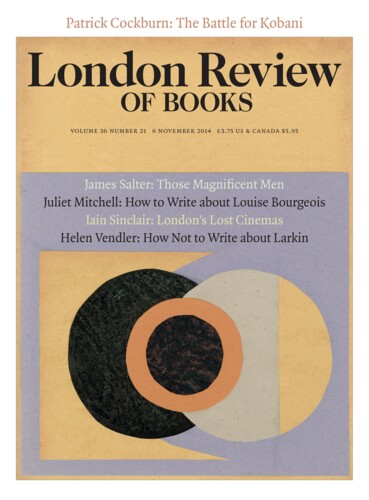Ronald Dworkin once said that a judge faced with an unjust law ‘would have to consider whether he should actually enforce’ it ‘or whether he should lie and say that this was not the law after all, or whether he should resign’. Faced with the criminal courts charge, introduced in April, magistrates have taken all three options. The government’s policy is that ‘convicted adult offenders who use our criminal courts should pay towards the cost of running them’. Those who plead guilty pay £150; those who protest their innocence but are found guilty face a charge of up to £1200. There are obvious problems with this. First, courts have a financial incentive to find an accused person guilty. Second, the risk of the charge is a substantial inducement for the innocent to plead guilty. Anecdotal evidence suggests that this is happening; it would be surprising if it were not. Third, the charge, which isn’t means-tested, is especially punitive on the poor. Louise Sewell, who had not eaten for two days, stole Mars bars worth 75p. After pleading guilty to theft, she was left with a bill of £150 for her use of the court.
Frederick Wilmot-Smith
Frederick Wilmot-Smith’s first book, Equal Justice, was published by Harvard in 2019.
Court Cuts
Frederick Wilmot-Smith, 30 July 2015
In his first speech as lord chancellor, Michael Gove warned of a ‘dangerous inequality’ in the justice system. There was, he said, a ‘gold standard’ for the wealthy and a ‘creaking, outdated system’ for everyone else. This, from a minister in a government that has made enormous cuts to legal aid, is a little like Orestes asking for mercy on account of his being an orphan. Even so, his diagnosis is correct. What should be done?
In 2005, Australian officials learned of a plot to smuggle heroin from Indonesia to Australia. They passed the information onto the Indonesian authorities, saying they should ‘take what action they deem appropriate’. Nine people, now known as the Bali Nine, were arrested and convicted. The Australian ringleaders, Myuran Sukumaran and Andrew Chan, were last night tied to a post and shot dead. They refused blindfolds. There were twelve marksmen for each prisoner, but to ease their consciences only three fired live rounds.
Necessity or Ideology? Legal Aid
Frederick Wilmot-Smith, 6 November 2014
In the 12th and 13th centuries, judges would be sent out from Westminster every seven years to adjudicate on any disputes that had come about since their last sojourn. In 1292, in Shropshire, Alice Knotte complained that Thomas Champeneys ‘detaineth from her seven shillings in money and a surcoat of the value of three shillings’. ‘Alice can get no justice at all,’ she protested, ‘seeing that she is poor and that this Thomas is rich.’ She implored the judge: ‘I have none to help me save God and you.’ Alice then might be Alice today. What should she do? She cannot simply take the seven shillings from Thomas. Not only does the law forbid it, Thomas’s wealth means he probably has the power to take it back.
Read anywhere with the London Review of Books app, available now from the App Store for Apple devices, Google Play for Android devices and Amazon for your Kindle Fire.
Sign up to our newsletter
For highlights from the latest issue, our archive and the blog, as well as news, events and exclusive promotions.



